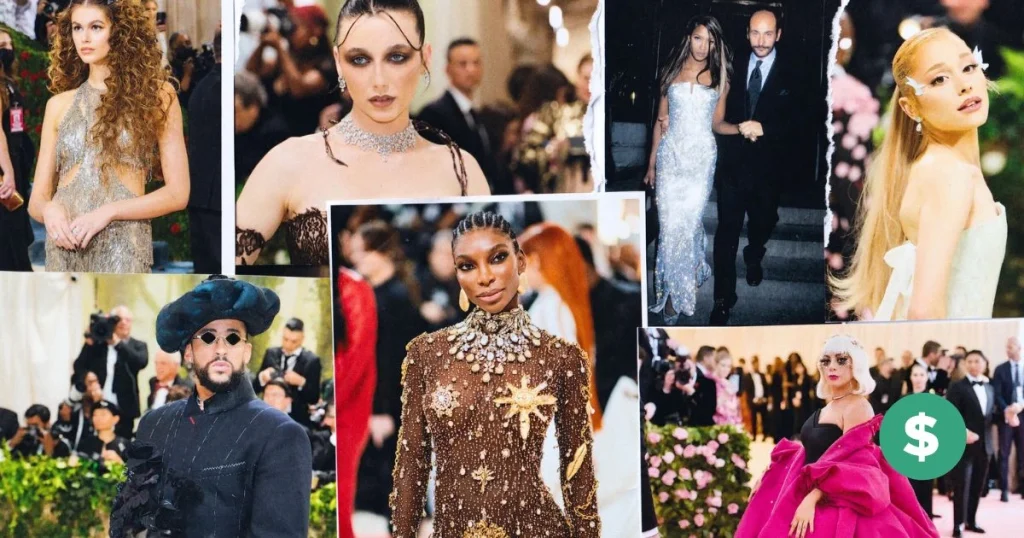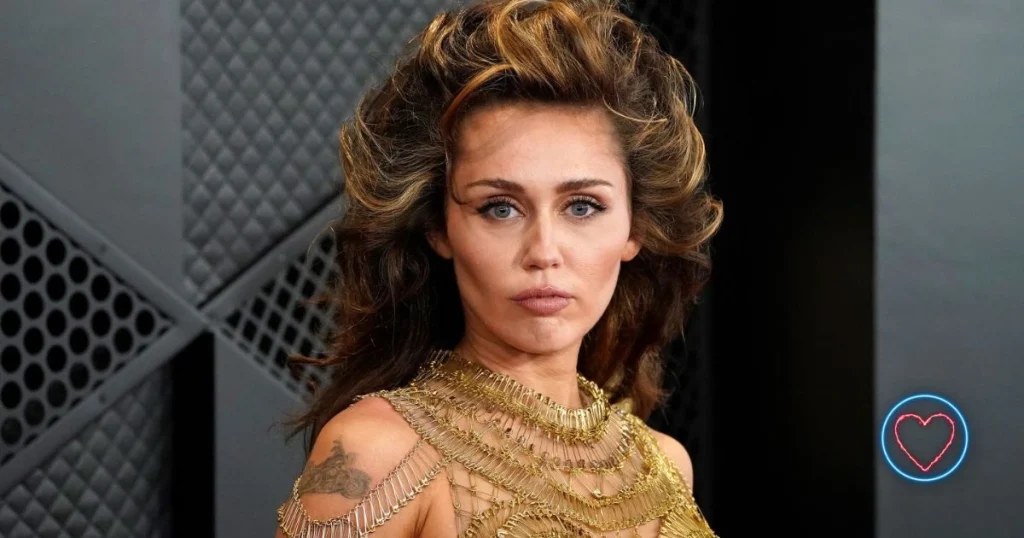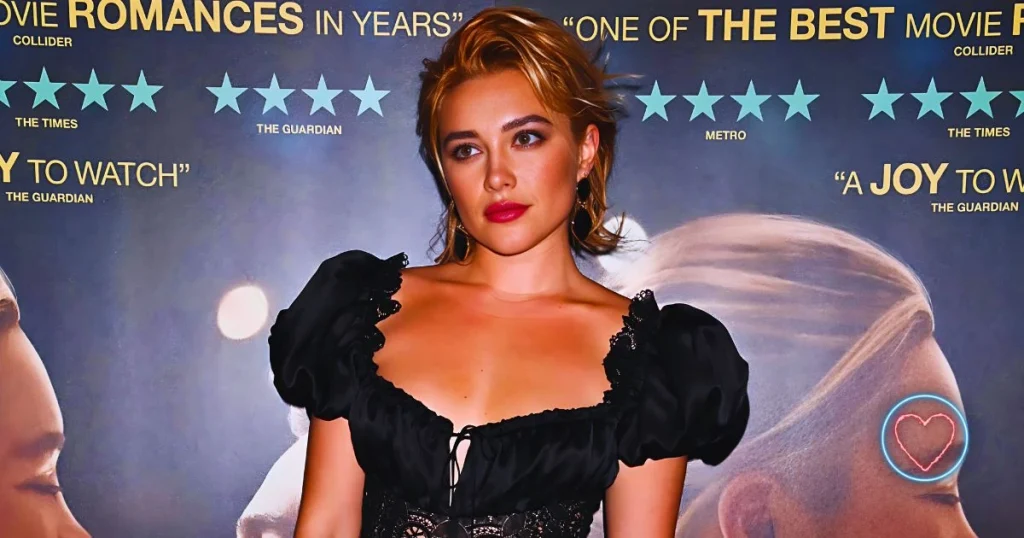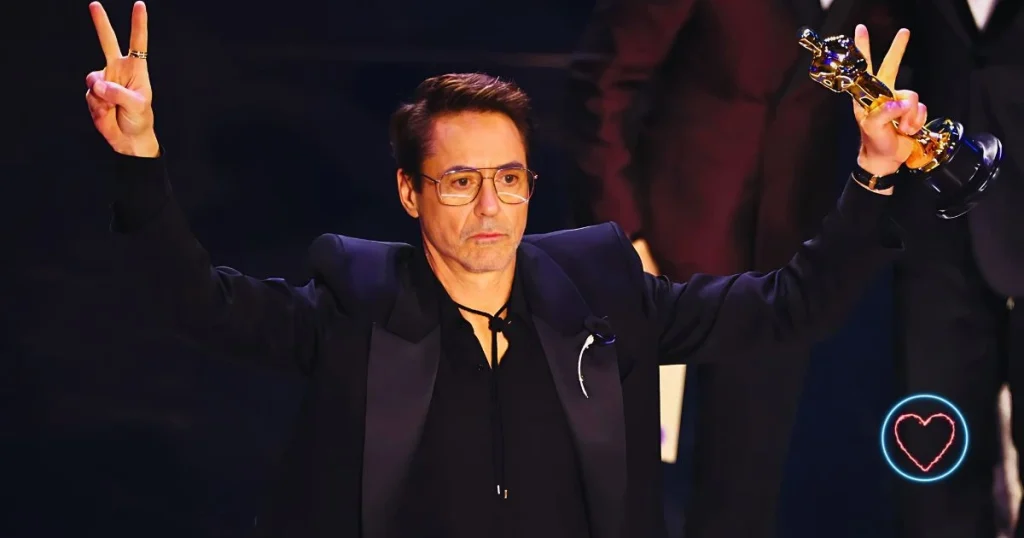In an industry notorious for chewing up even the most talented artists, Taylor Swift has not only survived but risen to the very top. Her journey wasn’t simply the result of catchy hooks or viral moments. Behind the scenes, she faced some of the most ruthless power brokers in the music business — and outmaneuvered them all.
Her story reads like a modern corporate thriller. It’s a tale of legal battles, secret contracts, public feuds, private negotiations, and strategic brilliance few artists have ever displayed. Today, Taylor Swift stands as one of the most powerful independent forces in music history because she dared to fight back against the system that tried to control her.
The Innocent Beginning: Signing Away Her Masters
When 15-year-old Taylor Swift signed her first record deal with Big Machine Records in 2005, she was eager to make her mark. Like most young artists, she lacked the leverage to negotiate ownership over her music. In exchange for the label’s investment in her debut, Big Machine secured ownership of her master recordings — the original tapes of her songs.
During those early years, Swift focused on creating music and trusted the label to guide her career. Big Machine, led by Scott Borchetta, played a major role in her rise to global superstardom. From country darling to crossover pop icon, she dominated the charts and became a household name.
As Swift matured, she became increasingly aware of the significance of owning her masters. Without ownership, she couldn’t fully control how her songs were used, licensed, or distributed. She had the fame but not full control over her own work.
The Industry Trap: Masters as Leverage
Master ownership has long served as one of the music industry’s most powerful tools to control artists. Labels invest heavily in talent and use master rights as collateral to ensure returns on that investment. For decades, legendary artists like Prince and Paul McCartney fought — often unsuccessfully — to reclaim their master rights.
Swift’s masters didn’t just represent her early work; they formed the foundation of her career: Fearless, Speak Now, Red, 1989, and Reputation — albums that defined modern pop music.
As her contract with Big Machine neared its end in 2018, Swift sought to negotiate a deal that would allow her to own her future recordings. But then, a series of strategic power plays ignited one of the industry’s most explosive public feuds.
The Game-Changer: The Scooter Braun Acquisition
In 2019, Big Machine Records sold to Scooter Braun’s Ithaca Holdings in a deal worth over $300 million. This acquisition made Braun the owner of Swift’s first six albums — one of the most valuable catalogs in music.
The deal was particularly explosive due to Swift’s contentious history with Braun. She accused him of years of manipulation, bullying, and behind-the-scenes intimidation. Seeing her life’s work fall under the control of someone she deeply distrusted felt like a devastating betrayal.
Swift later revealed that she was not offered a fair chance to buy back her masters before the sale. Big Machine argued otherwise, claiming she declined their offers. The resulting debate exposed the murky world of music contract negotiations.
In a highly emotional Tumblr post, Swift declared:
“This is my worst case scenario. This is what happens when you sign a deal at fifteen to someone for whom the term ‘loyalty’ is clearly just a contractual concept.”
The dispute quickly escalated into a full-scale war.
Public Feud, Private Strategy
Rather than backing down, Swift went public. She turned her massive social media following into a weapon, shining a light on the industry’s longstanding exploitation of artists.
Fans, celebrities, and even political leaders rallied behind her. Meanwhile, many industry insiders watched cautiously as Swift shattered the unspoken rule: artists shouldn’t publicly challenge their contracts.
By airing the battle, Swift achieved two critical objectives. She made it harder for industry power brokers to retaliate without scrutiny. Simultaneously, she positioned herself as a champion for artists’ rights.
Behind the scenes, Swift was already working on her next masterstroke — one that would reshape the music industry forever.
The Genius Move: The Re-Recording Strategy
Though she couldn’t reclaim the original masters, Swift discovered a contractual loophole: she could re-record her songs after a certain period.
Announcing plans to re-record her first six albums, Swift unveiled “Taylor’s Versions.” This unprecedented strategy offered multiple benefits:
- The new versions would reduce the value of the originals owned by Braun.
- Fans, media, and brands could license her versions instead.
- She would symbolically reclaim her creative legacy.
This business warfare tactic had never been executed at such a scale. It was a high-risk, high-reward move that required total fan support to succeed.
Fan Power as a Business Weapon
Swift masterfully mobilized her loyal fanbase. She explained the situation clearly, encouraged fans to stream the re-recordings, and rallied them to support her quest for control.
Her fans transformed into a global force. They launched online campaigns, avoided the original recordings, and celebrated each new “Taylor’s Version” as a cultural event.
When Fearless (Taylor’s Version) and Red (Taylor’s Version) dropped, they dominated the charts, outperforming many contemporary releases. The 10-minute version of All Too Well went viral, becoming both a commercial and cultural milestone.
Swift didn’t treat the re-recordings as mere obligations. She enriched them with bonus tracks, unreleased songs, and fresh production, making each release feel like a brand-new album.
Outsmarting Corporate Players at Their Own Game
With her re-recordings, Swift flipped the traditional power dynamic. The catalog purchased by Braun and his investors declined in relevance as her new versions gained dominance.
Investors who believed they had secured one of the most valuable catalogs in music watched as Swift undermined its worth. Industry executives realized that ownership rights offered no guaranteed protection from an artist’s counterstrategy.
Swift’s moves became a blueprint for younger artists negotiating their contracts. In one interview, she summed it up succinctly:
“The industry is changing so rapidly, and I want to be a part of that shift.”
No longer just a participant, Swift helped redefine how the modern music industry operates.
The Financial Upside: Billionaire Status
Swift’s legal and business maneuvers did more than win her creative freedom; they helped her build extraordinary wealth. In 2023, she officially became a billionaire — not because of old record contracts, but through strategic ownership, touring, and business ventures.
Her financial empire includes:
- Full ownership of her re-recordings.
- Direct negotiations with streaming services.
- Record-breaking tour earnings from the Eras Tour.
- Merchandise, branding, and licensing deals.
- Strategic real estate and intellectual property investments.
Unlike many artists, she eliminated unnecessary middlemen, ensuring maximum control over her revenue streams.
The Industry Aftershock: A New Era for Artists
Swift’s battle triggered lasting change in the music world. New artists enter negotiations more informed about ownership rights, largely because of her public fight.
Major labels now face growing pressure to offer fairer contracts. Many fear losing young stars to independent platforms or boutique labels offering better deals.
Swift’s battle became a proxy war — one fought not just for herself but for the next generation of artists who now approach the business with greater awareness.
Conclusion: A Masterclass in Outsmarting the Machine
Taylor Swift’s journey transcends music. It stands as a masterclass in power, control, and business strategy.
She entered an industry built to exploit young talent. Ruthless executives underestimated her intelligence and resilience. Betrayals tested her at every turn. But Swift continuously recalculated, adapted, and attacked from a position of growing strength.
Through legal loopholes, fan mobilization, transparency, and business savvy, she outsmarted some of the industry’s most powerful players — and emerged stronger.
In reclaiming her masters, Swift didn’t just secure her catalog; she redefined what it means to be an artist in the modern music industry.




















